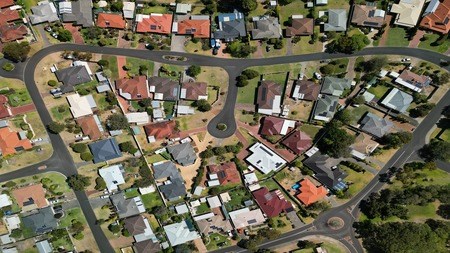Improved swimming pool management during winter months will preserve energy, and reduce household expenses before July’s 25% electricity tariff hike comes into play.The local winter season is synonymous with underutilized swimming pools, and unnecessary expense unless residents take drastic efforts to shut down pool maintenance during this time. Pool experts say to reduce costs, property owners and residents of rented homes should look to reduce both electricity and water consumption of pools, when pools are not in service during winter. They say that minimizing consumption will not only result in substantial monetary savings, but will also have a positive environmental effect as a result of the reduced carbon footprint of individual households.Industry experts say because swimming pool pumps can account for up to 12% of total electricity consumption in an average household, savings can be made from running pool pumps for a reduced number of hours. However, property owners should only do so in consultation with local pool experts, who recommend that pumps which run for eight to ten hours per day during summer, should continue to run for at least 6 hours per day during winter. They say daily cycles can be divided into multiple cycles, but each cycle should be no shorter than 4 hours, usually the minimum time for a small pool, to allow water to pass through filters at least once, also providing the even distribution of chemicals for reduced algae growth.Another considerable cost saving can be made by installing good quality pool covers, that according to pool specialists can reduce overall pool electricity consumption by as much as 5 to 6%. Multiple benefits are seen when pools are covered, including increased water temperatures of up to 4° C, resulting in extended swimming seasons of six to eight weeks. Pool experts say less pollution caused by foliage and dirt reduces filtration times, and can reduce power consumption by up to 50%. An added benefit of covering pools is that because light is inhibited less algae is produced, providing an end result of reduced chemical consumption of up to 60%. Pool covers also reduce water evaporation, that brings significant water savings to property owners in dry climates such as the Karoo and Northern Cape, where ongoing droughts are part of all year living conditions.
Property Advice



